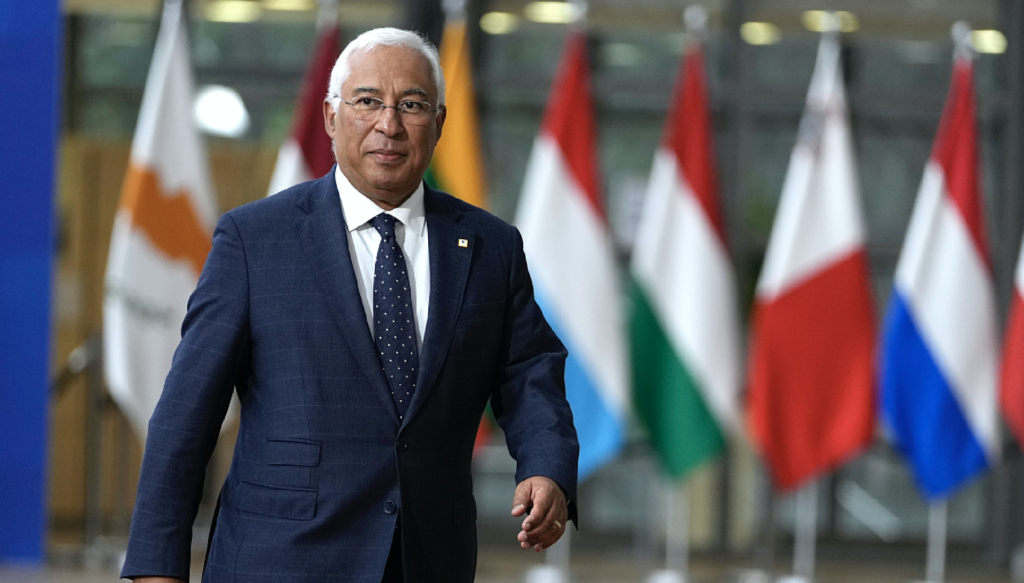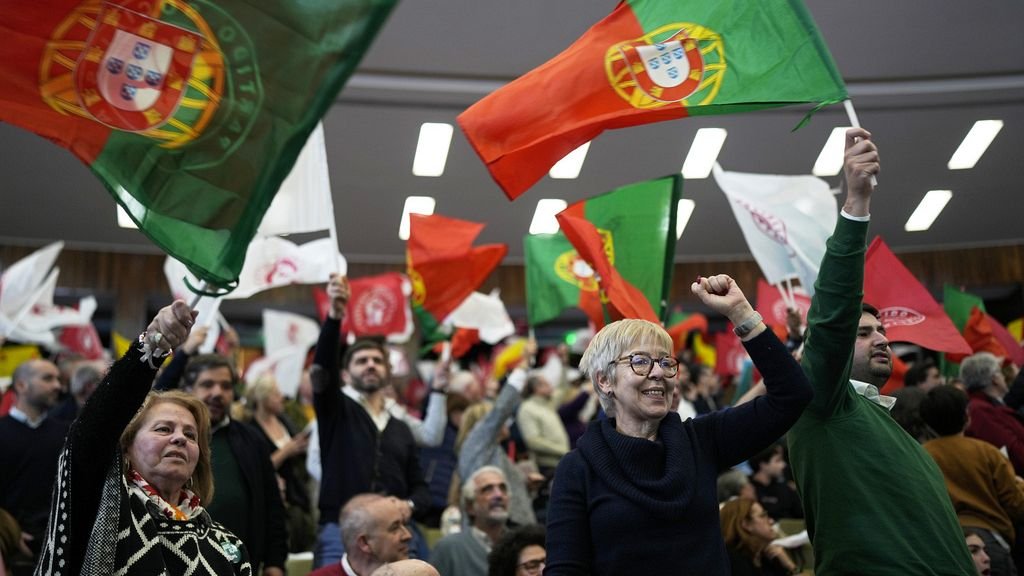Portugal at a Turning Point: Rising Right-Wing Influence and the Left’s Strategic Dilemma
Portugal’s March 10 snap elections have reshaped its political landscape, signaling an end to nearly a decade of Socialist dominance and a surge for the conservative right and the far-right Chega party. As the country commemorates fifty years since the Carnation Revolution, this election has brought profound changes, with the political right gaining significant ground and the left grappling with its own internal divisions and an evolving electorate.
The election was called after Prime Minister António Costa resigned in November amid corruption allegations. This political upheaval has placed Pedro Nuno Santos, Costa’s successor at the helm of the Socialist Party (PS), in a challenging position. Tasked with reinvigorating a divided left, Santos faces a political environment marked by public frustration with the status quo, economic pressures, and a right-wing bloc poised to reshape Portugal’s policies.
The Shifting Tide: From Socialist Stability to Economic Frustration
The roots of Portugal’s current political shift lie in the aftermath of the 2008 financial crisis, which spurred austerity measures that deeply impacted Portuguese society. Left-wing parties, including the Communist Party (PCP) and Left Bloc (BE), initially rallied working-class support, joining forces with Costa’s PS in 2015 to form a coalition that promised progressive reforms. Costa’s early years in office saw gains, such as increased minimum wages and expansions in welfare. Yet, these measures relied heavily on Portugal’s booming tourism sector, which drove up housing costs and led to a cost-of-living crisis, especially for younger generations.

Despite his government’s economic achievements, including a budget surplus praised by the EU, Costa’s adherence to fiscal discipline and austerity left essential public services and infrastructure underfunded. As inflation surged and real wages stagnated, many voters became disillusioned with the Socialists’ centrist policies, opening the door for opposition parties to challenge the ruling left.
Chega’s Rise: The Appeal of Populism and Reactionary Politics
André Ventura’s Chega party emerged as a formidable force, winning over a million votes and positioning itself as the third-largest party in parliament. Ventura’s populist message, marked by anti-establishment rhetoric and a focus on “cleaning up” corruption, struck a chord with voters disillusioned by mainstream parties. Chega’s campaign resonated particularly in conservative and traditionally left-leaning areas, drawing support from first-time voters and protest voters alike.
Chega’s platform also capitalized on migration issues, a topic that has grown more prominent in Portugal over the past decade. Ventura’s stance attracted voters concerned about the impact of immigration on local jobs and resources. His success has not only polarized Portuguese politics but also pushed the Social Democratic Party (PSD) and other right-wing factions to consider potential coalitions, even as they remain cautious of fully aligning with Chega.

A Divided Left Faces New Challenges
The left now stands at a crossroads. Santos, who has taken on the role of PS leader with a pledge for “More Action,” is pushing for a state-led approach to address Portugal’s economic and social needs. His focus on infrastructure, housing, and long-term economic planning aims to tackle the weaknesses left unaddressed by Costa’s administration. However, Santos faces the challenge of reviving the left’s appeal without alienating centrist voters, all while contending with a right-wing bloc that shows little appetite for collaboration. Left-wing factions, including the PCP and BE, are grappling with the consequences of their alignment with Costa. Their support for his government, despite its centrist policies, has blurred the distinctions between them, leading to voter dissatisfaction and eroding their influence.
To regain credibility, Portugal’s left will need to redefine its principles, distancing itself from pro-capitalist compromises and focusing on a program that addresses the working class’s needs and frustrations.
What Lies Ahead for Portugal?
With EU recovery funds available, the stakes for the incoming government are high. Santos advocates for using these funds to stimulate key industries through government-led initiatives, positioning his approach as a moderate alternative to the right’s proposals for tax cuts and a “hands-off” approach. The upcoming European elections in June 2024 will serve as a further test for the left, as left-wing parties may need to take a firmer stance on EU policies if they are to strengthen popular sovereignty and economic reform.
The right-wing bloc’s majority, however, brings its own complications. Luís Montenegro of the PSD, reluctant to form a coalition with Chega, may find that avoiding an alliance with the far right could lead to political deadlock. Meanwhile, Chega’s rise as a powerful protest vote reflects a broader shift in Portuguese society, where citizens are increasingly turning to populist voices to express their dissatisfaction with traditional parties.
As Portugal stands at this pivotal moment, the outcome of these elections and the path that its left and right factions choose to take will shape its future. The left must find a way to unify and mobilize against the far right’s influence, and the right must navigate the challenges of forming a stable government amid a polarized electorate. The stakes are high, and the road forward remains uncertain, but one thing is clear: Portugal’s political landscape is undergoing a transformation that will define the nation’s direction for years to come.

